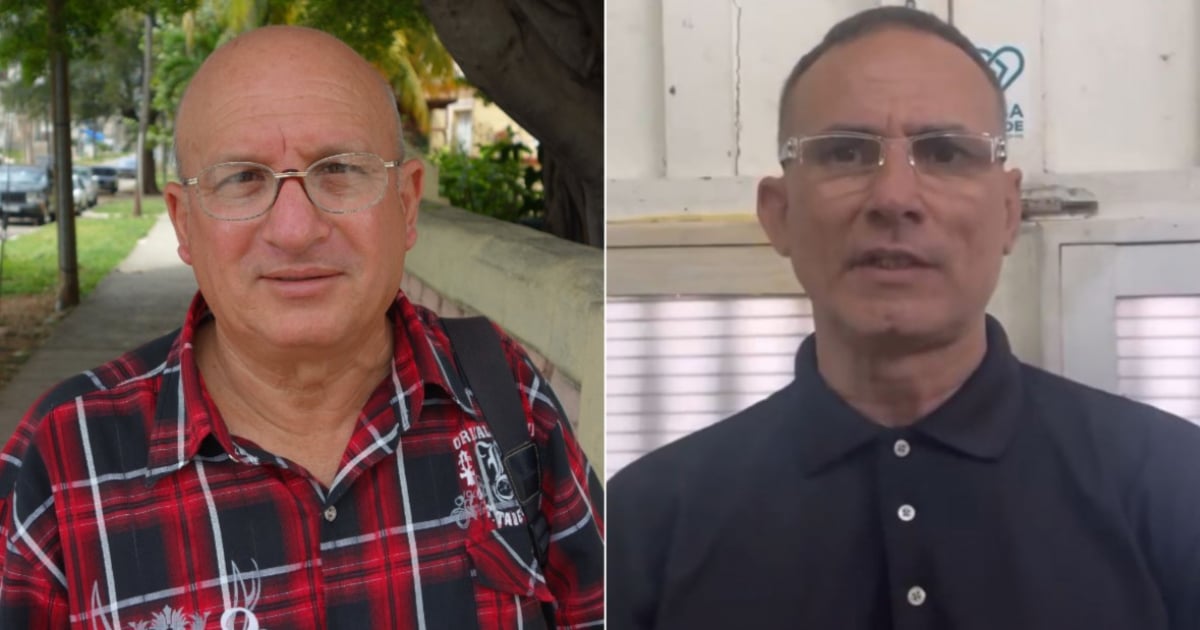In another instance of political repression, the Cuban regime has rescinded the parole of prominent opposition figures Félix Navarro and José Daniel Ferrer, using legal pretexts to mask underlying political motives. Félix Navarro, a 72-year-old former prisoner from the Group of 75, has been accused of leaving his municipality without permission on seven occasions, allegedly breaching supposed restrictions following his conditional release, according to the regime-backed outlet Razones de Cuba.
Despite his advanced age and fragile health, the regime has sent Navarro back to prison, citing legal formalities. "This citizen was summoned for his initial hearing on January 29, 2025, where he was informed of his legal status, rights, obligations, guarantees, and the prohibition to leave the municipality without the court's authorization. However, in blatant disregard of the law, he exited his municipality seven times without seeking permission from the execution judge of the Perico People's Municipal Court," the official statement claims.
Persecution of Opposition Leaders
José Daniel Ferrer, who leads the Patriotic Union of Cuba (UNPACU), has also been returned to prison for failing to appear before a judge following his release in January. "On January 16, 2025, he was granted early release. The resolution stipulated that he had to appear before the execution judge in his municipality on January 28 (Santiago de Cuba People's Municipal Court), which he did not attend. He was summoned again for February 7, and failed to appear once more. Not only did he not show up, but he also announced via social media, in a blatant challenge and violation of the law, that he would not appear before the judicial authority," the regime asserts.
The alleged cause of their re-incarceration — "illegal deprivation of liberty" and "injuries" — is widely criticized by international observers, who condemn the lack of judicial guarantees in these proceedings. This is particularly significant after Cuba's Ministry of Foreign Affairs acknowledged on social media platform X that the revocations were a governmental act of "defense":
"Does Cuba have the right to protect itself from U.S. aggression, to oppose the chief U.S. diplomat in Havana acting as an activist encouraging Cubans to act against their country, to enforce laws against those acting as agents of a hostile foreign power? That is the question," posted Deputy Foreign Minister Carlos F. de Cossio.
The Broader Implications
Ferrer had publicly declared on social media his refusal to engage in a judicial process he deems illegitimate. Both Navarro and Ferrer are historic voices in Cuba's pro-democracy movement and have repeatedly criticized the lack of freedoms, authoritarianism, and entrenched poverty on the island. The Supreme People's Court's decision underscores the Cuban judicial system's role as a tool for persecuting those who dissent from the regime's agenda.
Frequently Asked Questions about the Cuban Judicial Actions against Opposition Leaders
Why were Félix Navarro and José Daniel Ferrer sent back to prison?
Félix Navarro and José Daniel Ferrer were sent back to prison for allegedly violating conditions of their parole, with Navarro accused of leaving his municipality without permission and Ferrer failing to appear before a judge as required.
What are the broader implications of their re-incarceration?
The re-incarceration of these opposition leaders highlights the Cuban regime's use of its judicial system as a means to persecute and suppress dissenting voices within the country.
How has the international community responded to these actions?
International observers have widely criticized the Cuban government's actions, questioning the lack of judicial guarantees and perceiving these actions as politically motivated.
